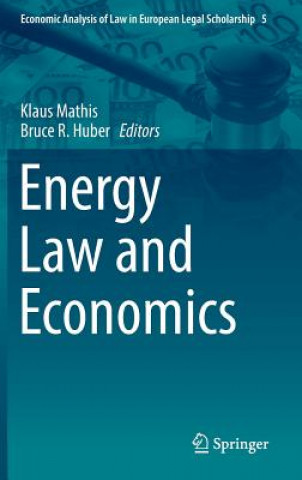
Kód: 18709632
Energy Law and Economics
Autor Klaus Mathis, Bruce R. Huber
This book offers an edited volume for all readers who wish to gain an in-depth grasp of the economic analysis of recent developments in energy law and policy in Europe and the United States. In response to waning resources and hei ... celý popis
- Jazyk:
 Angličtina
Angličtina - Vazba: Pevná
- Počet stran: 367
Nakladatelství: Springer International Publishing AG, 2018
- Více informací o knize

4722 Kč

Skladem u dodavatele v malém množství
Odesíláme za 10-14 dnů
Potřebujete více kusů?Máte-li zájem o více kusů, prověřte, prosím, nejprve dostupnost titulu na naši zákaznické podpoře.
Přidat mezi přání
Mohlo by se vám také líbit
-

Spanish Summer
1581 Kč
Dárkový poukaz: Radost zaručena
- Darujte poukaz v libovolné hodnotě a my se postaráme o zbytek.
- Poukaz se vztahuje na celou naši nabídku.
- Elektronický poukaz vytisknete z e-mailu a můžete ihned darovat.
- Platnost poukazu je 12 měsíců od data vystavení.
Více informací o knize Energy Law and Economics
Nákupem získáte 472 bodů
 Anotace knihy
Anotace knihy
This book offers an edited volume for all readers who wish to gain an in-depth grasp of the economic analysis of recent developments in energy law and policy in Europe and the United States. In response to waning resources and heightened environmental awareness, many countries are now seeking to redefine their energy mix. Several energy sources are available: coal and oil, natural gas, and a variety of renewables. Yet which of them are capable of addressing core energy-related concerns? Reliability, security, affordability, fairness, and sustainability all have to be taken into account. Further, once a target mix has been identified, two challenges remain for legal scholars: what role does the law play in achieving a specified energy mix, and, how can the law best fulfill that role? The essential energy concerns are just as important in defining the way we shape our energy mix as they are in defining the mix itself. An example of current challenges in energy law and policy can be seen in the pursuit by the German and Swiss governments of the so-called "Energiewende" (energy transition). These policies are intended to enable the transition from a non-sustainable use of fossil and nuclear energy to a more sustainable approach based on renewable energies. On the one hand, the goal is to achieve a decarbonization of the energy economy by reducing the use of fossil energy sources such as petroleum, carbon and natural gas. On the other, and in response to the Fukushima nuclear accident, a phase out is intended to eliminate the dangers of nuclear technologies. Achieving these goals poses tremendous challenges for the two countries' energy policies - partly because the energy transition will not only affect energy production, but also energy consumption. From a Law and Economics perspective, a number of questions arise: to what extent is it justifiable to rely on markets and continued technological innovation, especially with regard to the present exploitation of scarce resources? To what extent is it necessary for states to intervene in energy markets? Regulatory instruments are available to create and maintain more sustainable societies: command and control regulations, restraints, Pigovian taxes, emission certificates, nudging policies, and more. If regulation in a certain legal field is necessary, which policies and methods will most effectively spur the sustainable consumption and production of energy in order to protect the environment while mitigating any potential negative impacts on economic development? Do neoclassical and behavioural economics provide us with a suitable framework for predicting the market's complex reactions to a changing energy policy? This book provides theoretical insights as well as empirical findings in order to answer these vital questions.
 Parametry knihy
Parametry knihy
Zařazení knihy Knihy v angličtině Law International law Public international law
4722 Kč
- Plný název: Energy Law and Economics
- Autor: Klaus Mathis, Bruce R. Huber
- Jazyk:
 Angličtina
Angličtina - Vazba: Pevná
- Počet stran: 367
- EAN: 9783319746357
- ISBN: 3319746359
- ID: 18709632
- Nakladatelství: Springer International Publishing AG
- Hmotnost: 706 g
- Rozměry: 164 × 243 × 239 mm
- Datum vydání: 27. April 2018
Oblíbené z jiného soudku
-

Brownlie's Principles of Public International Law
1982 Kč -

Environmental Protection
344 Kč -
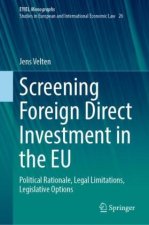
Screening Foreign Direct Investment in the EU
4203 Kč -

International Law
1099 Kč -
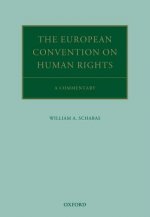
European Convention on Human Rights
2280 Kč -
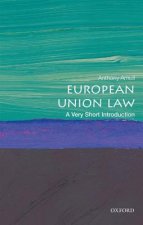
European Union Law: A Very Short Introduction
279 Kč -
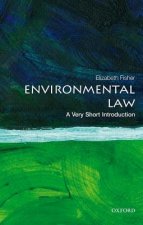
Environmental Law: A Very Short Introduction
233 Kč -

Refugee in International Law
1868 Kč -

Sceptical Essays on Human Rights
1761 Kč -

Europarecht in Fällen
1028 Kč -

Cyber Warfare and the Laws of War
1220 Kč -
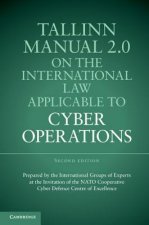
Tallinn Manual 2.0 on the International Law Applicable to Cyber Operations
1790 Kč -

Stanislavski On Opera
881 Kč -

Cassese's International Criminal Law
1842 Kč -

Diversification and Fragmentation of International Criminal Law
7543 Kč -

Textbook on International Law
1297 Kč -

Principles of International Environmental Law
1560 Kč -

International Law 2nd Edition
1566 Kč -

Offshore Finance
1629 Kč -

Advanced Introduction to International Humanitarian Law
770 Kč -

Human Dignity
1282 Kč -

Critical Approaches to International Criminal Law
1814 Kč -

Rogue States
529 Kč -

Criminological Approaches to International Criminal Law
2581 Kč -

Self-Defence in International and Criminal Law
4544 Kč -
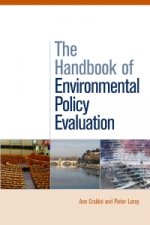
Handbook of Environmental Policy Evaluation
4013 Kč -

Pluralism in International Criminal Law
5301 Kč -

Disputed Territories and International Criminal Law
4215 Kč -

A Farewell to Wars
758 Kč -

EU External Relations Law
1890 Kč -

Water Capitalism
1259 Kč -

Diplomatic Handbook
3126 Kč -

Cases & Materials on International Law
1515 Kč -

International Environmental Law
1286 Kč -

Modern Diplomacy
1428 Kč -
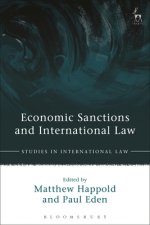
Economic Sanctions and International Law
3645 Kč -
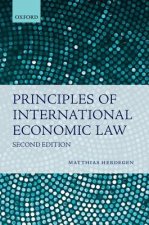
Principles of International Economic Law
2292 Kč -
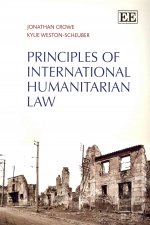
Principles of International Humanitarian Law
828 Kč -

Critical Introduction to International Criminal Law
998 Kč -

Aust's Modern Treaty Law and Practice
1270 Kč -

International Investment Law and Arbitration
1671 Kč -
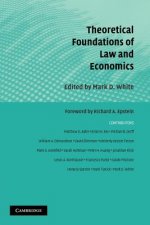
Theoretical Foundations of Law and Economics
1099 Kč -

European Public Prosecutor's Office
4722 Kč -

Food Law and Regulation for Non-Lawyers
2393 Kč -

Should Trees Have Standing?
1152 Kč -

Customary International Law in Times of Fundamental Change
1049 Kč -

World Crisis and International Law
758 Kč -

International Criminal Law
1763 Kč -
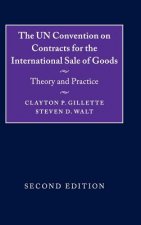
UN Convention on Contracts for the International Sale of Goods
3146 Kč
Osobní odběr Praha, Brno a 12903 dalších
Copyright ©2008-24 nejlevnejsi-knihy.cz Všechna práva vyhrazenaSoukromíCookies


 Vrácení do měsíce
Vrácení do měsíce 571 999 099 (8-15.30h)
571 999 099 (8-15.30h)